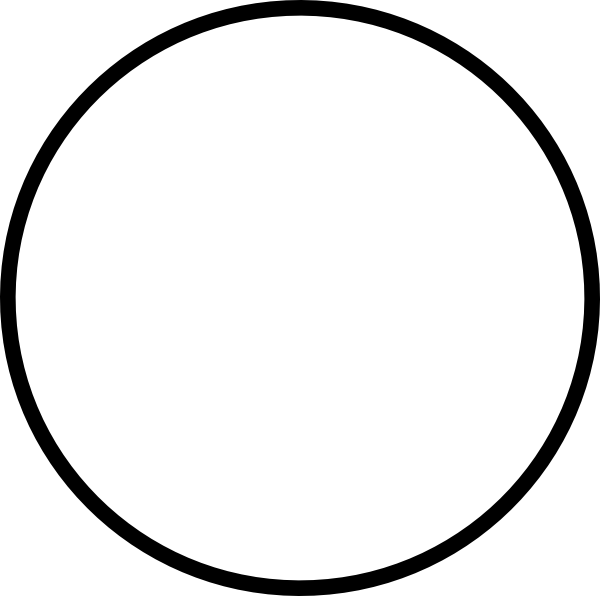The Knight of Disks
The Lord of the Wide and Fertile Land
The King of the Spirits of Earth
A Dark Winged Warrior with winged and crowned
helmet: mounted on a light brown horse. Equipment as
the Knight of Wands.
The winged head of a stag or antelope as a crest. Beneath
the horse’s feet is fertile land with ripened corn. In one hand
he bears a sceptre surmounted by a hexagram: in the other a
Pentacle like that of the Zelator Adeptus Minor.
Unless very well dignified he is heavy, dull, and material.
Laborious, clever, and patient in material matters.
If ill dignified, he is avaricious, grasping, dull, jealous; not
very courageous, unless assisted by other symbols.
Rules from above 20° of Leo to 20° of Virgo.
Fire of Earth
King of Gnomes
• • •
“The Knight of Disks represents the fiery part of Earth, and refers in particular to the phenomena of mountains, earthquakes, and gravitation; but it also represents the activity of Earth regarded as the producer of Life. He rules from the 21st degree of Leo to the 20th degree of Virgo, and is thus concerned greatly with agriculture. This warrior is short and sturdy in type. He is clothed in great solidity of plate armour; but his helmet, which is crested with the head of a stag, is thrown back, for at the moment his function is entirely confined to the production of food. For this reason he is armed with a flail. The disk which he bears, moreover, is very solid; it represents nutrition. These characteristics are borne out by his horse; a shire horse, solidly planted on all four feet, as was not the case with the other Knights. He rides through the fertile land; even the distant hills are cultivated fields.
Those whom he symbolizes tend to be dull, heavy and preoccupied with material things. They are laborious and patient, but would have little intellectual grasp even of matters which concern them most closely. Their success in these is due to instinct, to imitation of Nature. They lack initiative; their fire is the smouldering fire of the process of growth.
If ill-dignified, these people are hopelessly stupid, slavish, quite incapable of foresight even in their own affairs, or of taking an intelligent interest in anything outside them. They are churlish, surly, and jealous (in a dull sort of way) of what they instinctively realize is the superior state of others; but they have not the courage or intelligence to better themselves. Yet they are always irritably meddling about petty matters; they interfere with, and inevitably spoil, whatever comes their way...”
— Crowley, The Book of Thoth
Those whom he symbolizes tend to be dull, heavy and preoccupied with material things. They are laborious and patient, but would have little intellectual grasp even of matters which concern them most closely. Their success in these is due to instinct, to imitation of Nature. They lack initiative; their fire is the smouldering fire of the process of growth.
If ill-dignified, these people are hopelessly stupid, slavish, quite incapable of foresight even in their own affairs, or of taking an intelligent interest in anything outside them. They are churlish, surly, and jealous (in a dull sort of way) of what they instinctively realize is the superior state of others; but they have not the courage or intelligence to better themselves. Yet they are always irritably meddling about petty matters; they interfere with, and inevitably spoil, whatever comes their way...”
— Crowley, The Book of Thoth

